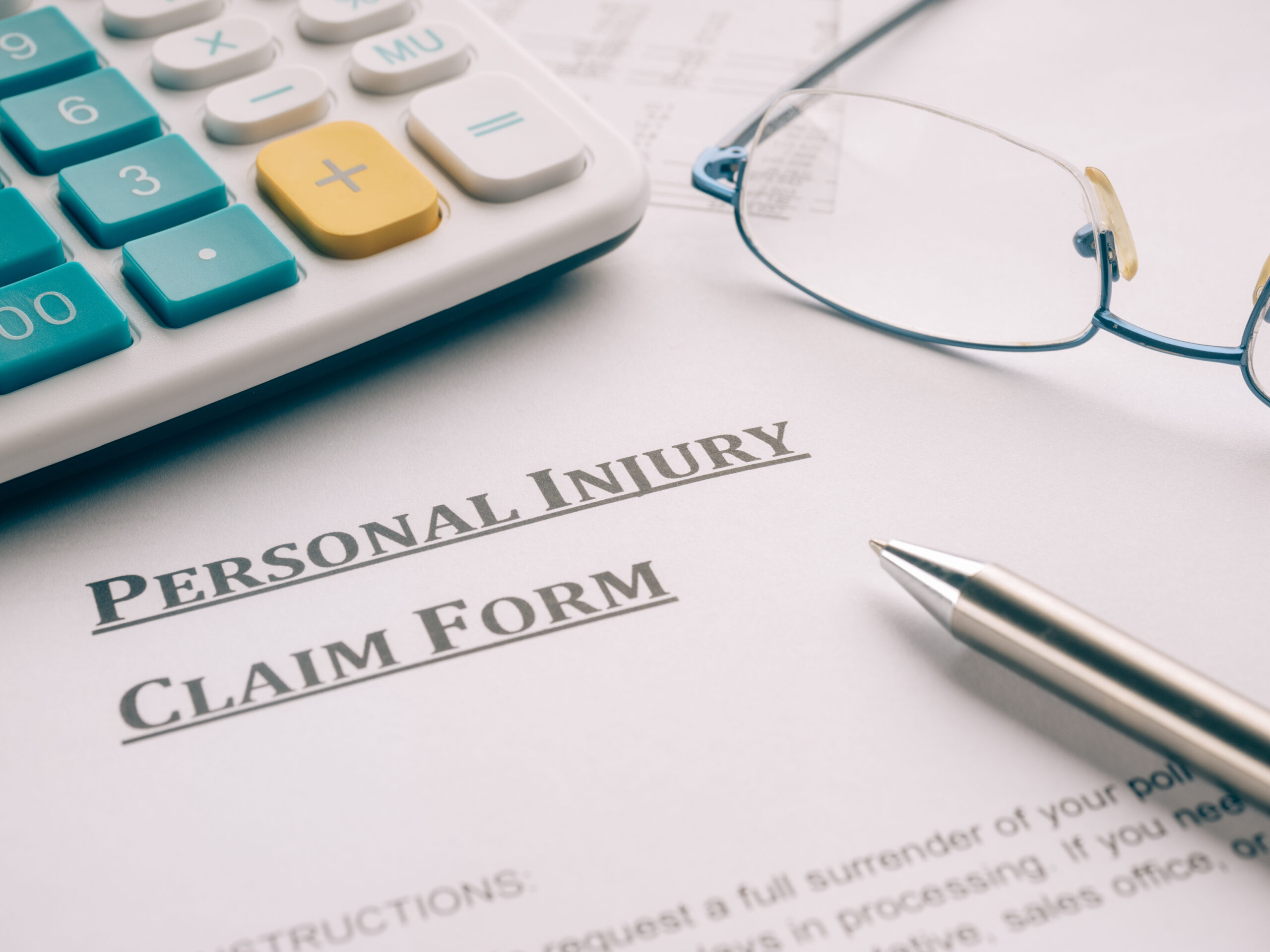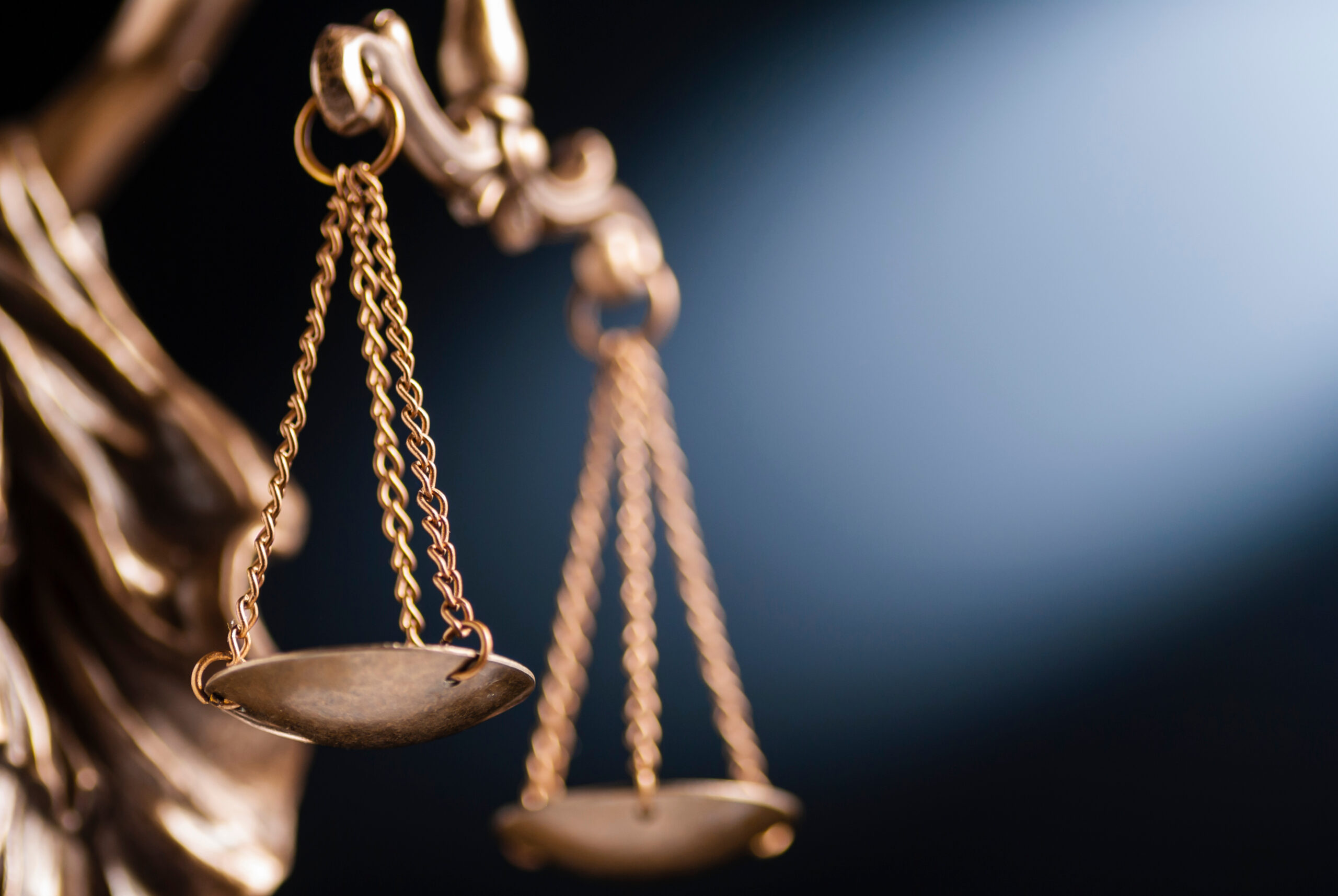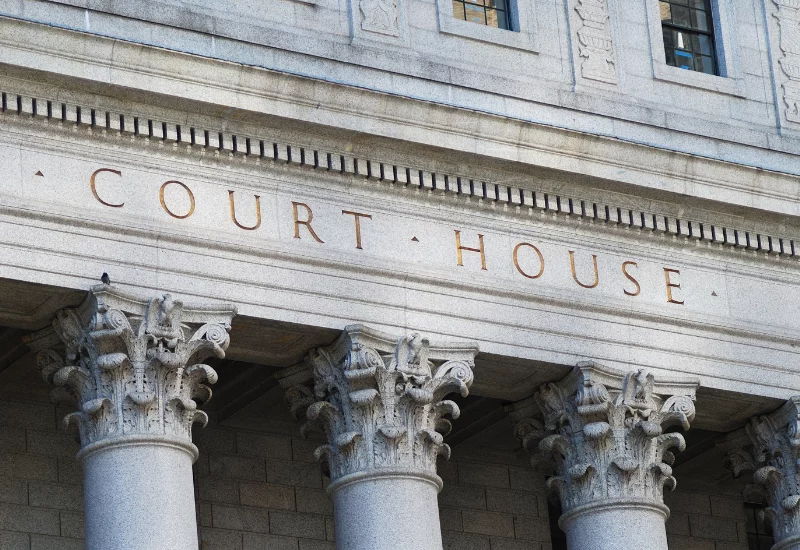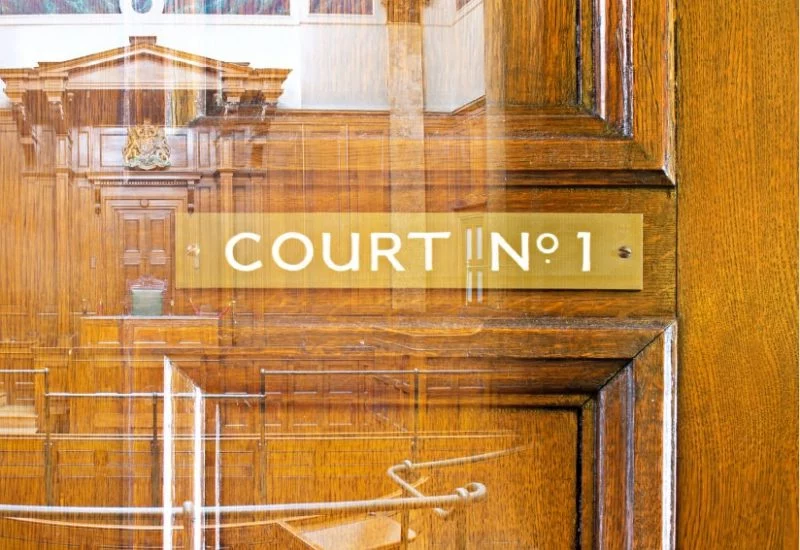- 15 Mar 2024
- •
- 4 min read
How do I defend a personal injury claim?

Many individuals and businesses faced with personal injury claims will have the benefit of insurance cover. If this is the case then it will often be a simple matter of notifying your insurers of the claim and they will take over from there. However, sometimes and for a variety of possible reasons there may be no insurance cover so you may need help with what to do next.
Avoiding some common mistakes in defending a personal injury claim
If you find yourself on the receiving end of a claim for personal injury then you will need to be careful to avoid some common pitfalls. The team at Trethowans are often approached by potential clients who have already fallen foul of these pitfalls and their position may have been better if they had taken advice sooner.
One common mistake is not to comply with court deadlines and this can result in what is known as a default judgment when the court enters judgment against you without a contest. In some cases it may be possible to reverse this if we act swiftly to set aside judgment. If this is not done quickly it may be too late.
Another common pitfall is that a party sometimes agrees to settle a claim on a ‘without prejudice’ basis without waiting to see if there are any recoverable benefits or NHS charges. In a personal injury claim the compensator is obliged to register the case with the Department for Work and Pensions (DWP) and obtain a certificate of recoverable benefits and a certificate of NHS charges which gives details of repayments due to the government in the event that a compensator settles a claim. If this is not done it can result in a big shock at a later date!
Why is there no insurance cover?
There can be many reasons for not having insurance cover for a claim. In some cases claims arise from events that took place a long time ago and any insurance details have been lost. This can happen with asbestos claims and noise induced hearing loss claims for example. In other cases the claims arise from events that cannot be insured against for public policy reasons such as abuse and assault claims. There has been a rise in these claims being pursued against uninsured parties in the light of high-profile matters such as the Jimmy Saville case. Sometimes an insurer will simply decide that cover is not available because there has been a breach of the policy terms.
What kinds of claim can arise?
Personal injury claims can arise in a wide variety of circumstances, including:
- Road traffic accidents
- Employer’s liability claims
- Public liability claims
- Product liability claims
- Equine and animal claims
- International claims
- Asbestos and noise induced hearing loss cases
- Abuse and assault claims
What steps should I take first?
It is sensible to take professional advice if you do not have any insurance cover. It will be important to gather evidence that may help with the defence, including making your own written account of events and noting the account of any witnesses. It will be important to preserve any contemporaneous documents such as CCTV or photographs and accident books etc. There are important deadlines that apply if you are sent a letter of claim or court proceedings so you need to make sure you comply with these.
Do I have a defence?
There are a range of potential defences/partial defences that may be available such as:
- Limitation: A claim for personal injury must usually be brought within 3 years of the event. There are exceptions.
- Duty/Standard of Care: A Claimant must establish that you owed a duty of care and that you breached that duty by your conduct falling below the appropriate standard of care.
- Causation: The Claimant needs to prove that even if you were in breach of duty it was that breach that has caused their injury or loss. In many cases this is obvious but in some cases it is far from straightforward. Expert evidence may be required to deal with this issue.
- Vicarious Liability: A Claimant will often argue that an employer is responsible for the acts of their employees. This may be defended on the basis that an employee was not acting in the course of their employment.
- Contributory Negligence: In some cases it is possible to argue that a Claimant was at least partially at fault for the accident or resulting injuries. Common examples of this are a failure to wear a seat belt or helmet in motoring cases.
- Other specific defences: Specific defences can arise depending on the nature of the case such as illegality, automatism, Volenti and many others on which we can advise you.
Negotiating a settlement
In some cases liability for a claim will be firmly denied. In other cases it may be appropriate to admit liability for a claim and then look to negotiate a settlement rather than letting the matter go to trial with all the extra costs that is likely to incur. In order to do this you will also need to look closely at the value or quantum of the claim being presented and the question of whether it is supported by evidence (see further information below). In many cases negotiation may take place via ‘without prejudice’ letters or telephone calls. In more substantial cases there may be a face to face meeting known as a joint settlement meeting or a mediation.
Valuing a Claim
Any injury claim will need to be supported by medical evidence and in more substantial claims it will be appropriate for the defendant to consider obtaining their own medical evidence. Personal injury claims are valued by looking at what are known as General Damages and Special Damages. General Damages is the award for pain, suffering and loss of amenity. Lawyers have various tools to do this such as referring to the Judicial College Guidelines and by looking at previously decided comparable cases. Special Damages are the financial losses a Claimant can show flow from the breach of duty and resulting injury.
Find out more about our services, and how we can help you defend a personal injury claim here. Kelvin Farmaner is a Partner and heads the Insurance and Regulatory team at Trethowans. Contact Kelvin by email at [email protected] or telephone on 023 8082 0527. If you’ve been injured at work and would like to make a claim, we can help.





